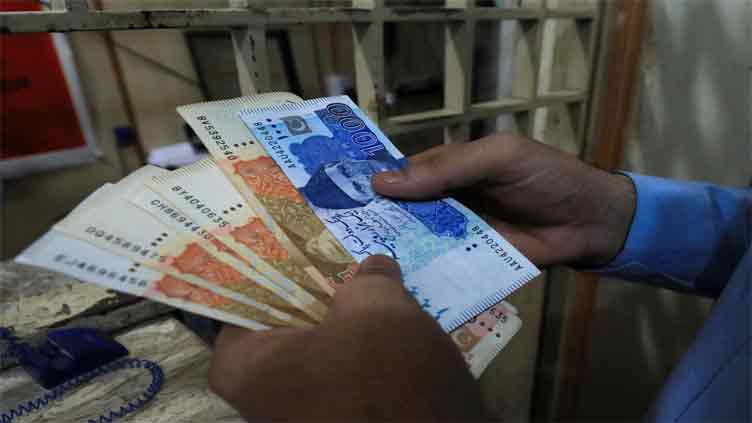Govt considers phasing out tax exemptions in next budget

Business
Move under IMF pressure to hit farmers adversely
- Sales tax is currently not applied to tractors and pesticides. It won't be the case if proposals are accepted
ISLAMABAD (Dunya News/Web Desk) – The government is mulling over ending tax exemptions in the upcoming budget as Pakistan has been grappling with by low percentage of revenue collection when compared with the gross domestic product (GDP) – a reality that became more visible during the current economic crisis.
Despite having a very limited tax base, Islamabad has been exempting different sectors and industries from different forms of taxation, which played a role a exacerbating the crisis and forced the government to look for assistance not only from friendly nations but increased dependence on international financial institutions which in turn slapped tougher conditions with the passage of time.
However, getting rid of sales tax exemptions will adversely hurt the local consumers by increasing the cost of doing business, thus opening a Pandora’s box, which again highlights the need for expanding the base to enhance the tax-to-GDP ratio through direct taxes and shunning the practice of doubling down on indirect taxation.
Sources in the Federal Board of Revenue (FBR) say one of the budget proposals for the year 2024-25 concerns with phasing out exemptions related to income tax and sales tax.
Read more: Budget proposals: Improved tax collection through property, retail sectors envisioned
According to these sources, it is proposed that 1 per cent withholding on commercial importers –a move that is expected to generate Rs25 billion a year.
Furthermore, the sales tax exemption in the case of tractors [including the imported ones] and pesticides is also to be ended, which will help the government collect an additional Rs30bn annually.
However, the proposals are to affect the agriculture sector directly and increase the farming input costs, thus further slashing the profit margins of farmers, more than 80pc of whom have small or medium-size landholdings.
Read more: Budget to help easing Australia inflation, says government
These proposals are a product of the demands put forward by the International Monetary Fund (IMF) and the government has to accept these given the desire and urgent need for another “larger and longer” loan programme.
A Washington-based lender's team has already reached Islamabad for holding talks for a new IMF programme, with the government hoping to get a $6bn to $8bn package spanning over a three to four years.
Meanwhile, the government is also going for subsidy cuts for power and gas consumers which will sustain the cost of living crisis felt by an overwhelming majority in Pakistan, despite a persistent decline in inflation as reflected by the consumer price index (CPI), which slipped to 17pc in April – a trend witnessed during the past four years.


